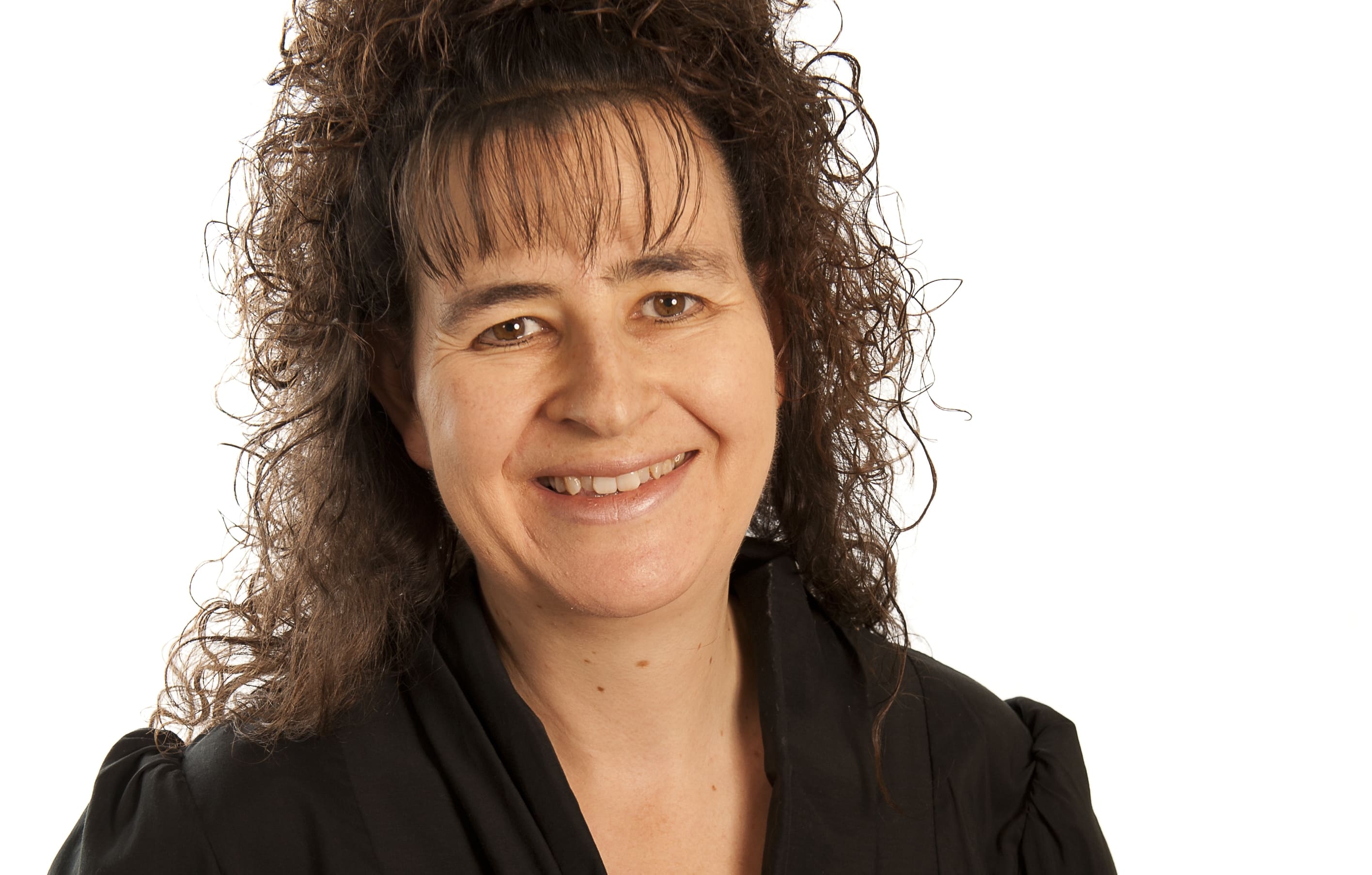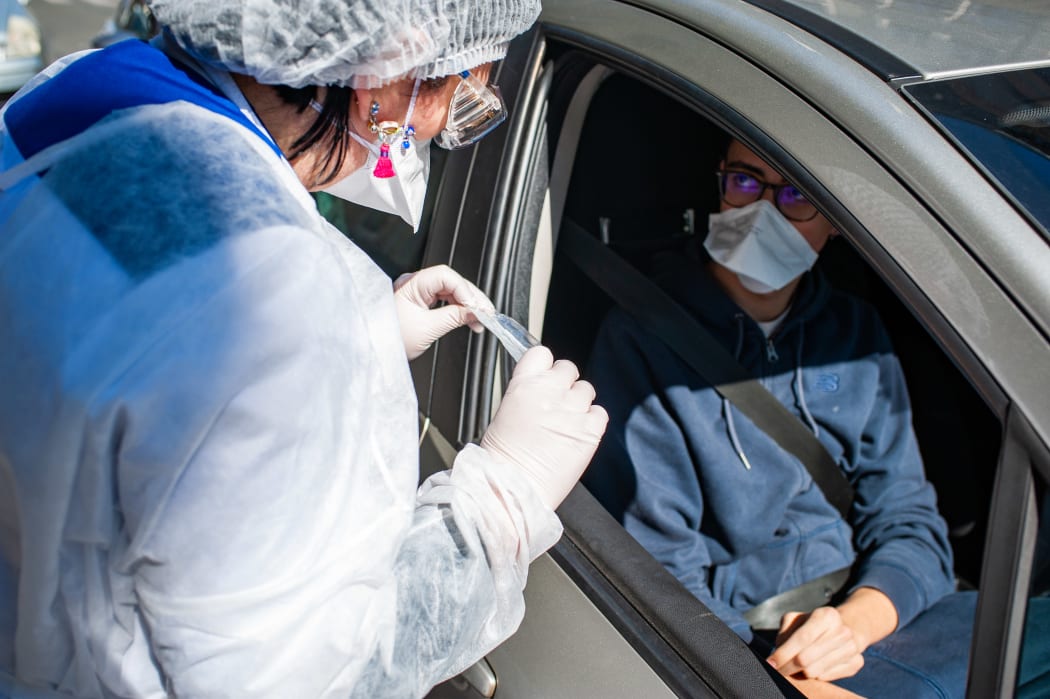Many people are doing a great amount of good in the face of the Covid-19 crisis, but may be feeling like impostors, Dr Sandi Mann says.
Impostor syndrome in the workplace has been put on the back-burner during lockdown, replaced instead with what occupational psychologist and author Dr Sandi Mann calls the 'do-gooder impostor'.

Dr Sandi Mann Photo: supplied
Many people around the world are now largely confined to their homes and are no longer working in the office, but instead from a desk or the kitchen table at home.
The change in where we work has resulted in a lesser degree of impostor syndrome, where people doubt their competence and accomplishments and internalise fear of being exposed as a fraud, and has given way to a different syndrome - the 'do-gooder impostor', Mann told RNZ's Sunday Morning.
The do-gooder impostor "is a person who does a lot of good stuff, lots of acts of kindness, but is very dismissive of them".
She said there were a lot of people in this situation right now, including health workers and essential workers who continued to work away from home during lockdown.
Others included neighbours looking out for each other, shopping for the vulnerable and the volunteers helping their communities.

Photo: AFP
"All those people are incredible but a lot of them will feel like impostors."
Mann said it was important to remind them how special what they are doing was.
"It's just kind of reminding them they're not superheroes, but they're doing a very difficult job with very difficult set of resources, so it's giving them that confidence to realise there's probably not many people who could do it better."
It was important for people not to burn out and to ensure they took time to switch off and allow themselves to rest and indulge in self care.
"It's really about saying you need to do this, this isn't being weak, this isn't being indulgent - this is a necessity."
The benefits of lockdown
Dr Mann said although there was a lot of death and misery associated with Covid-19, there were still benefits to people being in lockdown.
"It feels insensitive to talk about the benefits, but at the same time, we're in this for the long-haul and we need for our survival and our psychological resilience to cling to the good as well."
The author of Science of Boredom, she said it was important to try to see the positive side of lockdown, like the chance to spend more time with family, catch up with loved ones via technology and take time to be creative.
"Boredom isn't always a bad thing. There's a lot of benefits to boredom, particularly in terms of creativity.
"And what we're seeing now is potentially what could be the most magical creative time in human history - because we're bored, because we're not doing our usual things - and we can see it already, we can see the creativity bursting out. We can see people coming up with creative solutions."
See Kiwis' creative ways to cope in Covid-19 lockdown
Dr Mann said the Covid-19 lockdown would forever change the way we work, live and build communities - and a lot of good could come out of it.

